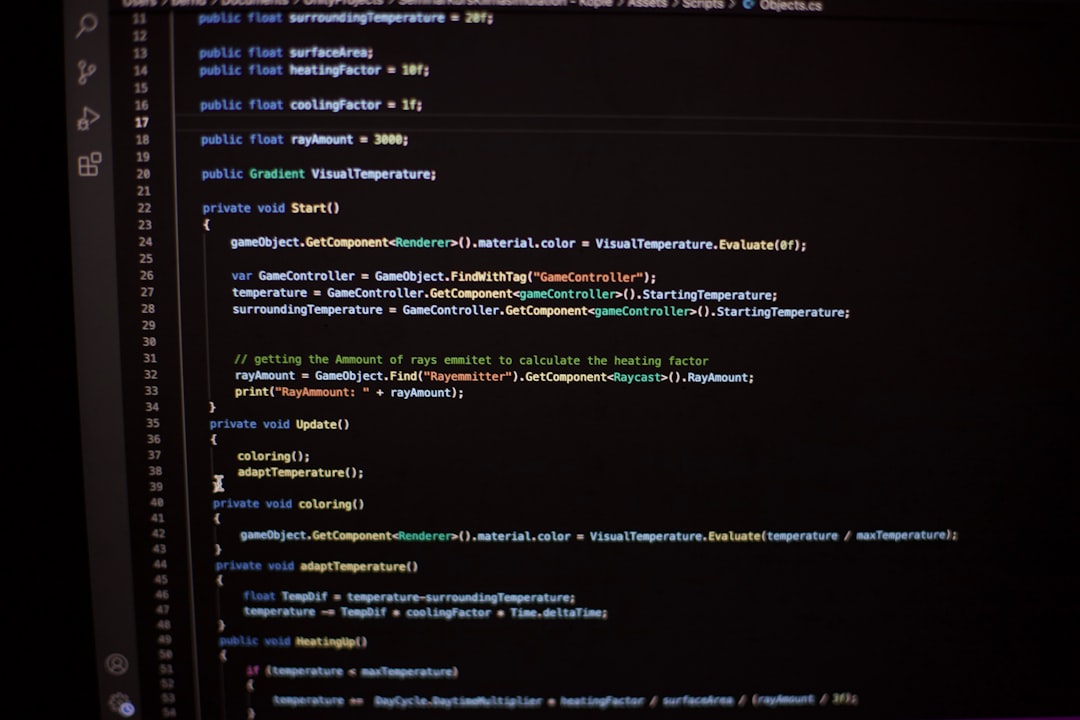
Artificial Intelligence has dramatically enhanced various aspects of software development, particularly in code generation, debugging, and optimization. A new generation of AI-powered coding tools is making it easier for developers to build software more efficiently and accurately. These tools range from intelligent code completion systems to full-fledged AI assistants capable of writing entire blocks of functional code based on natural language prompts.
AI integration into coding environments has gained traction not only for boosting productivity but also for democratizing programming. Newcomers and seasoned developers alike can reduce time spent on repetitive tasks, fix bugs more quickly, and even explore unfamiliar programming languages or frameworks with the assistance of these smart tools.
Popular AI-Powered Coding Tools
1. GitHub Copilot
One of the most well-known AI programming tools, GitHub Copilot was developed by GitHub in collaboration with OpenAI. Powered by Codex (a version of the GPT AI model), it acts as an AI pair programmer, offering context-aware code suggestions directly within the editor. Copilot supports numerous programming languages including JavaScript, Python, and TypeScript.

2. Amazon CodeWhisperer
Amazon’s CodeWhisperer is a machine learning-powered coding companion that aids in writing code faster and more securely. It generates real-time code suggestions by analyzing developers’ existing code and comments. Integrated with AWS services, CodeWhisperer is especially useful for backend-focused developers using Python, Java, and JavaScript.
3. Tabnine
Tabnine is an AI tool designed to help developers complete code efficiently. It’s known for its strong privacy controls, as it offers the ability to run models on local machines without sharing code externally. Tabnine works smoothly with popular IDEs and supports a wide array of languages from C++ to Rust and Go.
4. Replit Ghostwriter
Ghostwriter is Replit’s AI coder, embedded within its browser-based IDE. It provides code completions, suggestions, and even error explanations, making it highly accessible for developers who prefer cloud-based coding tools. Its simplicity and accessibility make it ideal for beginner developers and students.

5. CodeT5 by Hugging Face
CodeT5 is an open-source language model developed by Hugging Face specifically for programming tasks. It is capable of tasks such as code summarization, translation, and completion. Being open-source, it allows researchers and developers to fine-tune it for niche use cases or integrate it into custom workflows.
6. Kite
Kite is another advanced code completion tool that leverages AI to assist mainly Python developers. By analyzing millions of lines of code, Kite provides intelligent completions and documentation snippets, helping users code faster without needing to leave their current environment.
Benefits of AI Coding Tools
- Enhanced productivity: AI suggestions significantly reduce typing time.
- Error reduction: Many tools catch bugs or syntax errors early in the process.
- Learning support: Beginners can learn best practices and proper syntax quickly.
- Multi-language support: Most tools work with several popular programming languages.
Challenges and Considerations
While these tools can be incredibly useful, developers should remain cautious about overreliance on AI-generated code, as it can occasionally include inaccuracies or security vulnerabilities. Additionally, concerns over data privacy and source-code sharing should be considered when choosing a tool.
Frequently Asked Questions (FAQ)
- Q: Are these AI tools suitable for beginners?
- A: Yes, many tools like Replit Ghostwriter and GitHub Copilot are beginner-friendly and offer real-time feedback that helps new developers learn efficiently.
- Q: Do AI coding assistants work offline?
- A: Some tools like Tabnine offer offline installations where the AI runs locally, enhancing both performance and privacy.
- Q: Can AI coding tools write complete applications?
- A: While they can generate significant portions of code, such as classes, functions, or modules, full application development generally still requires human oversight for logic and architecture design.
- Q: Are these tools free to use?
- A: Many AI-powered coding tools offer a free tier with limited features, but full functionality often requires a paid subscription.
As AI continues to evolve, developers can expect even more powerful tools that assist not just with coding, but also with testing, deployment, and project management. Through thoughtful implementation, these AI tools can greatly enhance a developer’s workflow without compromising code quality.






